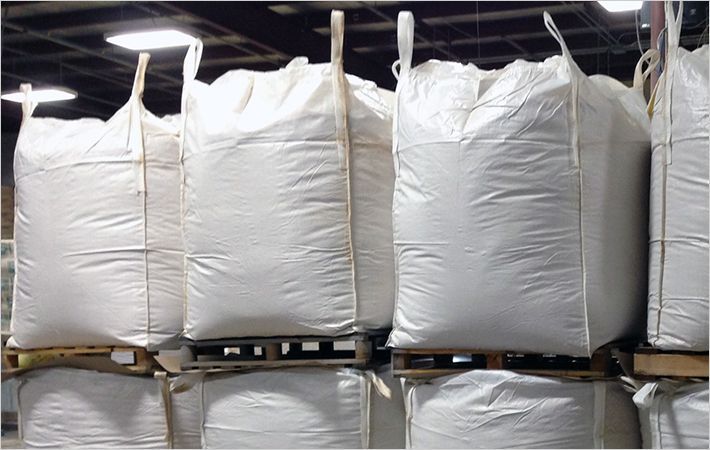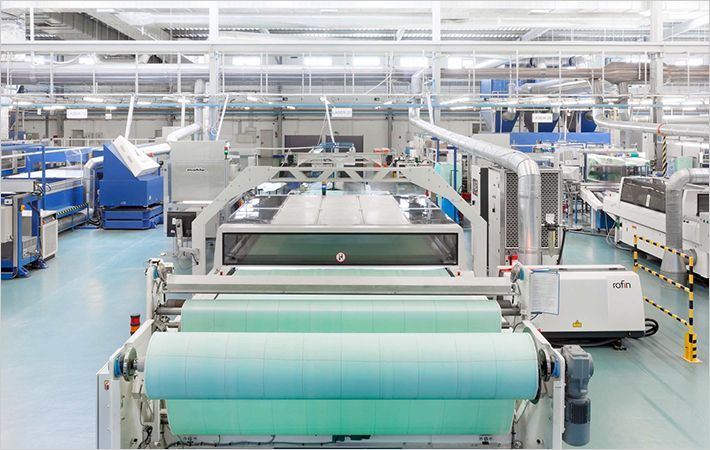A technology venture firm here has developed sensors for adult diapers and absorptive pads which informs care workers when a change is needed.
The sensor tapes created by Akita Techno Design are also disposable, and company President Takeshi Ito says sensor-equipped diapers "will reduce the load on both care workers and those they care for."A technology venture firm here has developed sensors for adult diapers and absorptive pads which informs care workers when a change is needed.
The sensor tapes created by Akita Techno #
The new device, dubbed "Oshiri Kaiteki" (Comfy Bottom), is made of carbon material printed on a 50-micrometer-thick sensor tape that is run along the inside of an adult diaper or absorptive pad and connected to a small transmitter. The sensor does not respond to sweat or very small amounts of urine, but will pick up large volume emissions, and send a signal to a wireless receiver.
The sensor tapes are also cheap, costing just 40 yen each, so they can be thrown away along with the diaper. The receiver can pick up data from up to 15 patients within a 100 meter radius. The system makes periodic checks of patients' diapers unnecessary, reducing work for care givers, and also improves hygiene and patients' quality of life, as diapers can be changed right away.
Ito set his mind to the problem after seeing the difficulties faced by the helper caring for his mother, who required primary nursing care before she passed away in March 2009. He had also heard care workers say that, unlike meals and baths, there was no special equipment available to help with the call of nature. Ito thought that technology might be able to reduce some of that burden, and started his sensor project.
Designing and testing the sensor tape involved everyone in the small company, with Ito and his employees donning sensor-laced diapers in a long process of trial and error. They also conducted tests at nursing homes.
The sensor tape has already been pressed into service at a Nagoya hospital, and is now being adopted by a number of medical facilities in Akita Prefecture on a trial basis.
"If we go into mass production, the cost of the sensors will drop even more," says Ito. "We'd like to put our effort into boosting sales, and market the sensors worldwide."
The Mainichi Daily News

